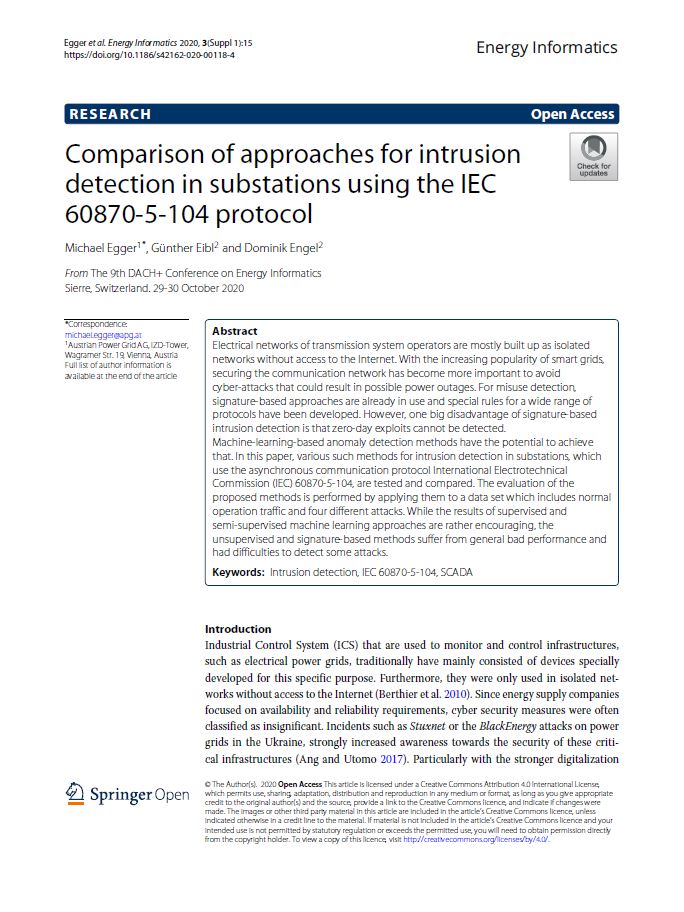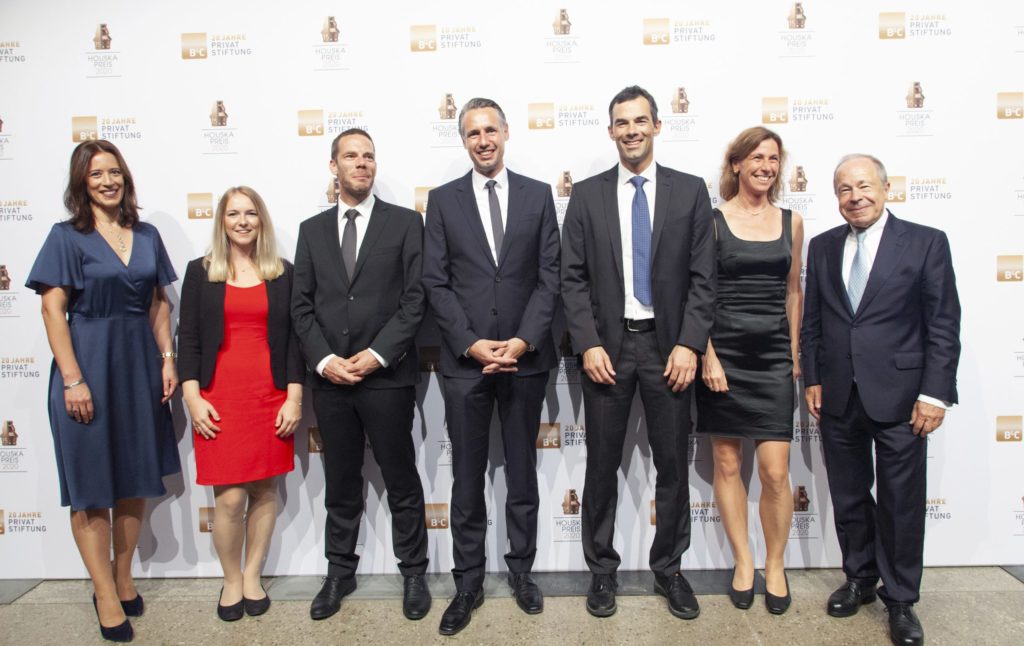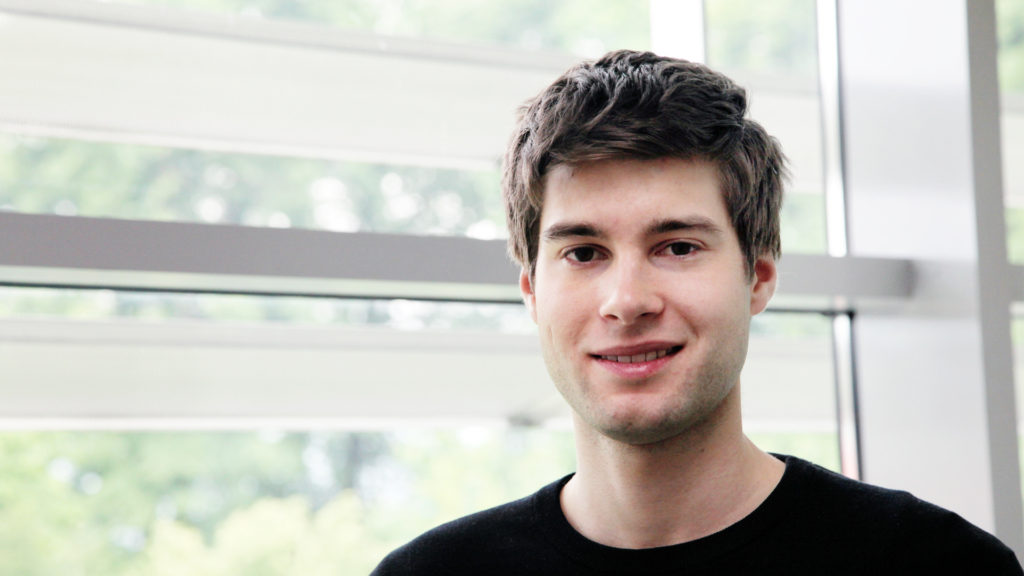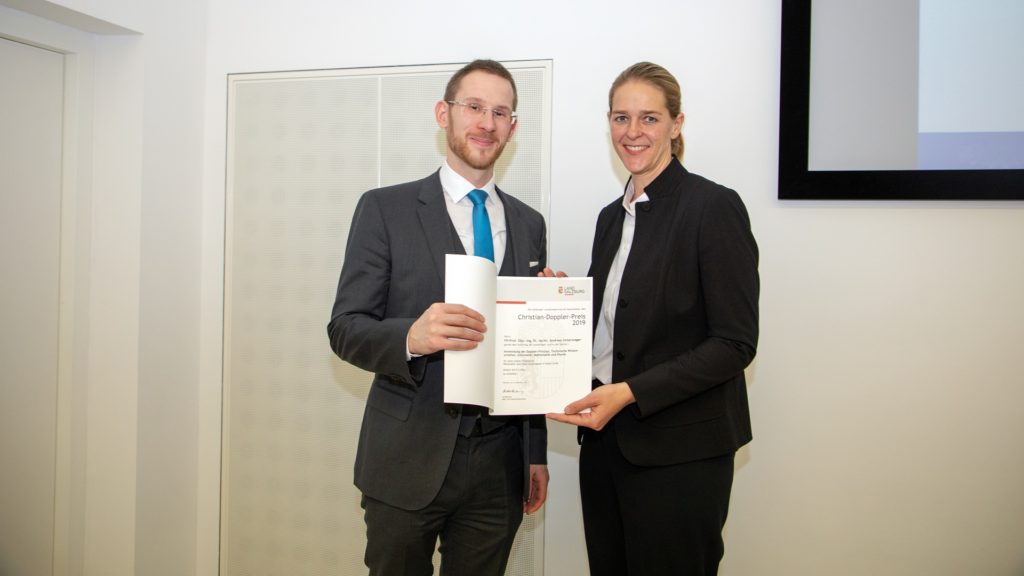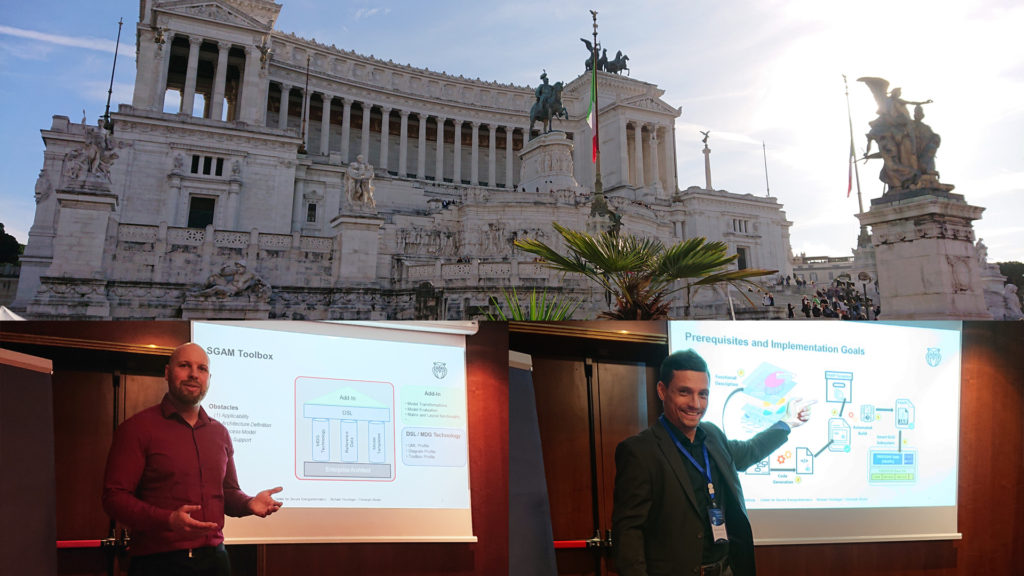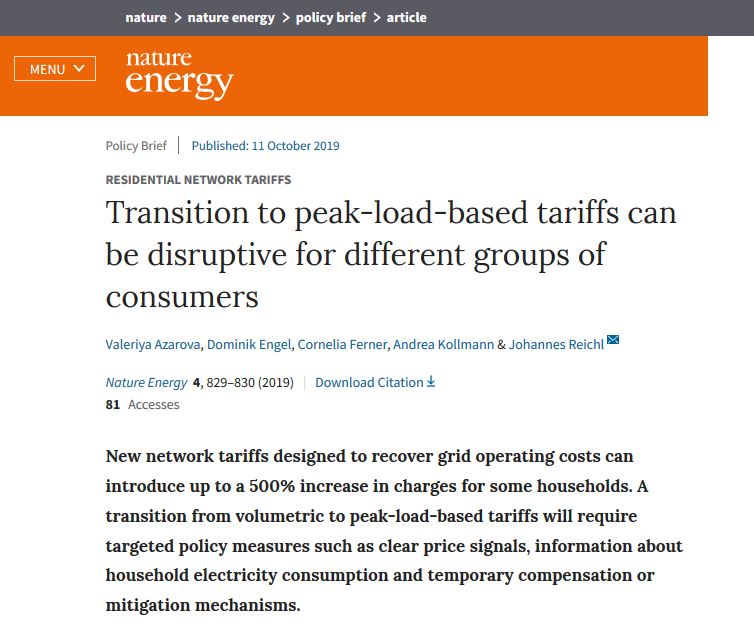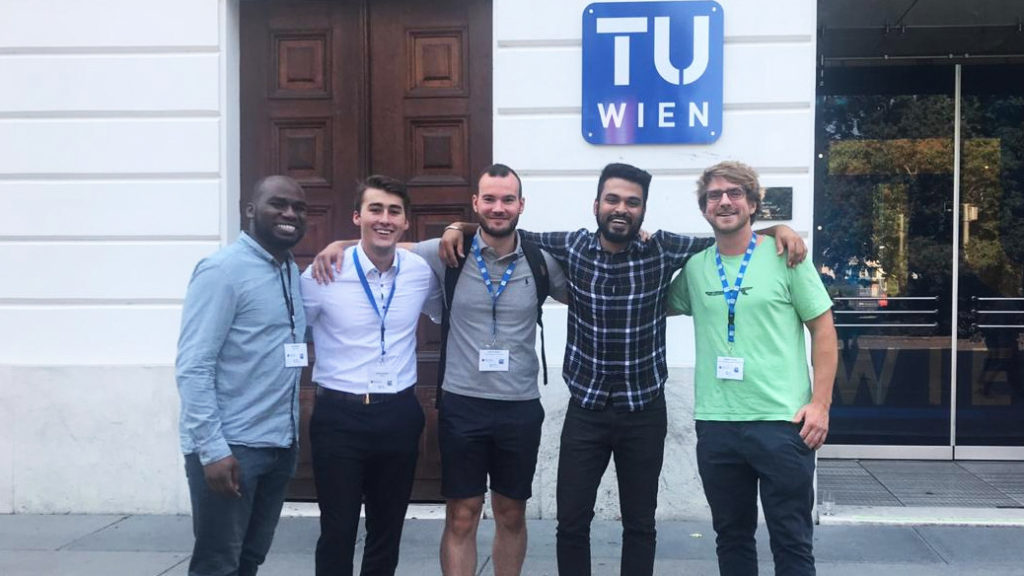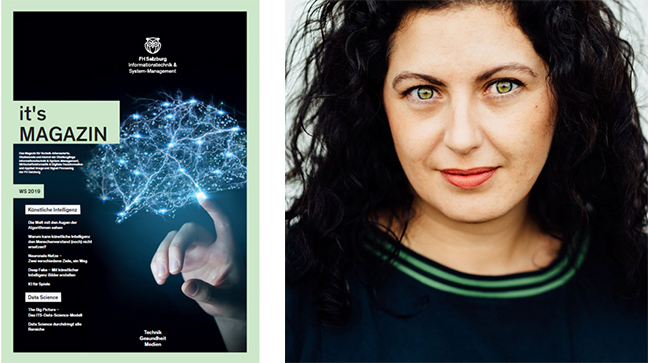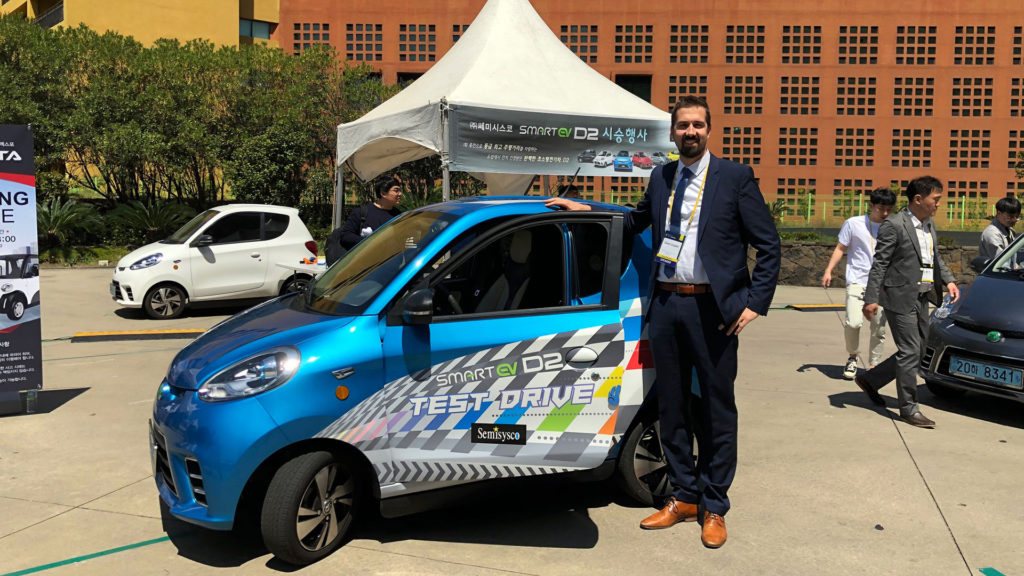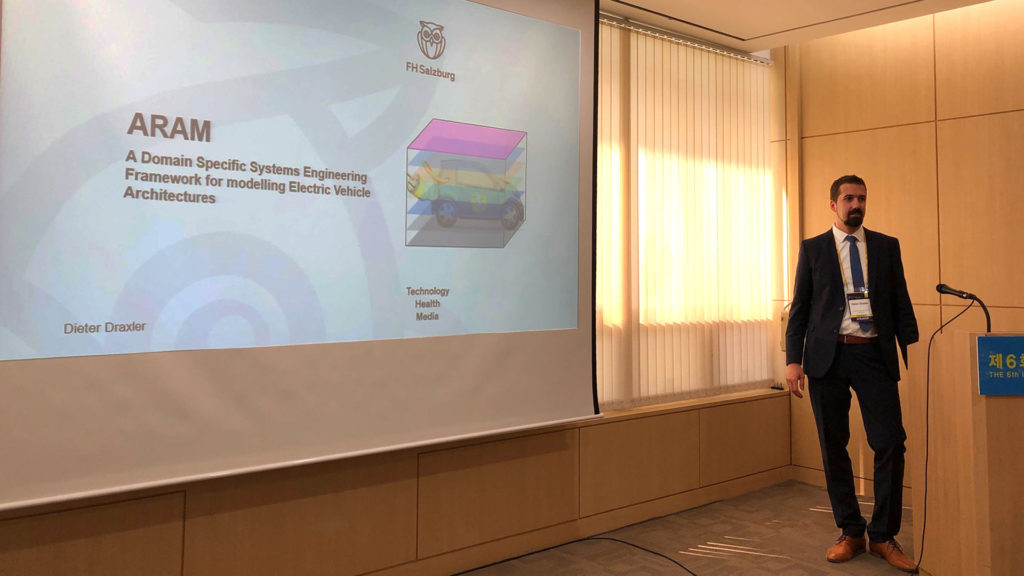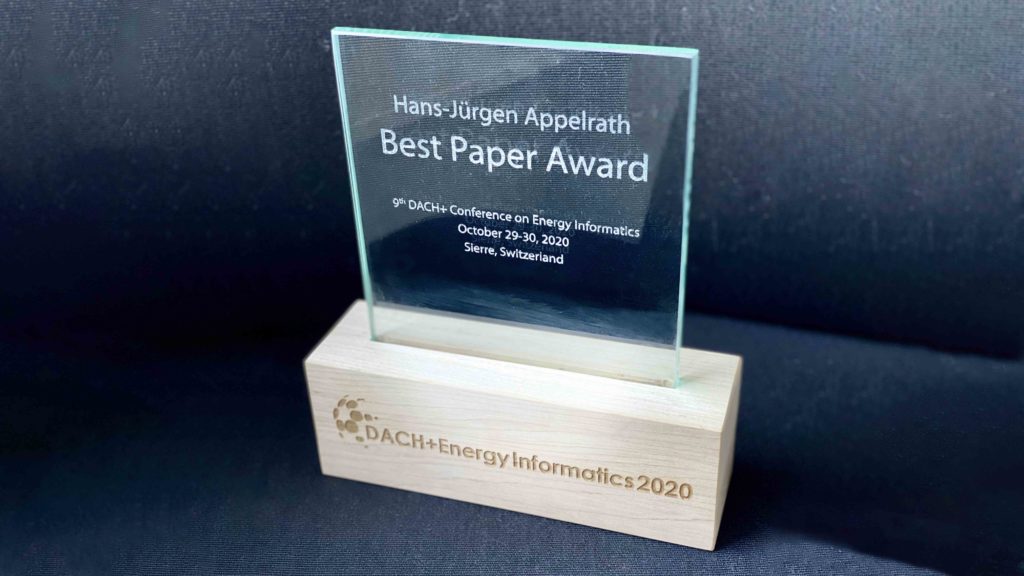
Researchers from the Center for Secure Energy Informatics (CSE) at the Salzburg University of Applied Sciences have collected two awards at this year’s DACH+ Energy Informatics. This year, the conference took place online for the first time.
Günther Eibl and Dominik Engel from the CSE received the Best Paper Award for their Paper Comparison of approaches for intrusion detection in substations using the IEC 60870-5-104 protocol in cooperation with Michael Egger from the Austrian Power Grid AG.
The award-winning paper on intrusion detection in the smart grid analyzes different machine learning based methods for anomaly detection. The aim is to avoid cyber attacks on smart grids that could lead to possible power failures.
The “Madness Award” in the category best choreography went to Judith Schwarzer, also from the CSE, for her poster presentation on “Agent-based Modeling of Consumer Participation in Demand Response Programs with the Consumat Framework”, which is well worth seeing. Click here for the video
About DACH+ Energy Informatics
The conference series is a joint initiative of the Austrian Federal Ministry for Climate Protection, Environment, Energy, Mobility, Innovation and Technology, the Swiss Federal Office of Energy and the German Federal Ministry of Economic Affairs and Energy.
The objective of the DACH+ conference series on Energy Informatics is to promote the research, development and implementation of information and communication technologies in the energy domain and to foster the exchange between academia, industry, and service providers in the German-Austrian-Swiss region and its neighbouring countries (DACH+).
https://energy-informatics2020.ch/
-
![[PDF]](https://www.en-trust.at/wp-content/plugins/papercite/img/pdf.png)
![[DOI]](https://www.en-trust.at/wp-content/plugins/papercite/img/external.png) M. Egger, G. Eibl, and D. Engel, “Comparison of Approaches for Intrusion Detection in Substations using the IEC 60870-5-104 Protocol,” Energy Informatics, vol. 3, p. 1–17, 2020.
M. Egger, G. Eibl, and D. Engel, “Comparison of Approaches for Intrusion Detection in Substations using the IEC 60870-5-104 Protocol,” Energy Informatics, vol. 3, p. 1–17, 2020.
[Bibtex]@article{Egger20a, author = {Egger, Michael and Eibl, G{\"{u}}nther and Engel, Dominik}, doi = {10.1186/s42162-020-00118-4}, journal = {Energy Informatics}, pages = {1--17}, publisher = {Springer}, title = {{Comparison of Approaches for Intrusion Detection in Substations using the IEC 60870-5-104 Protocol}}, volume = {3}, year = {2020}, pdf={https://www.en-trust.at/papers/Egger20a.pdf}, }
